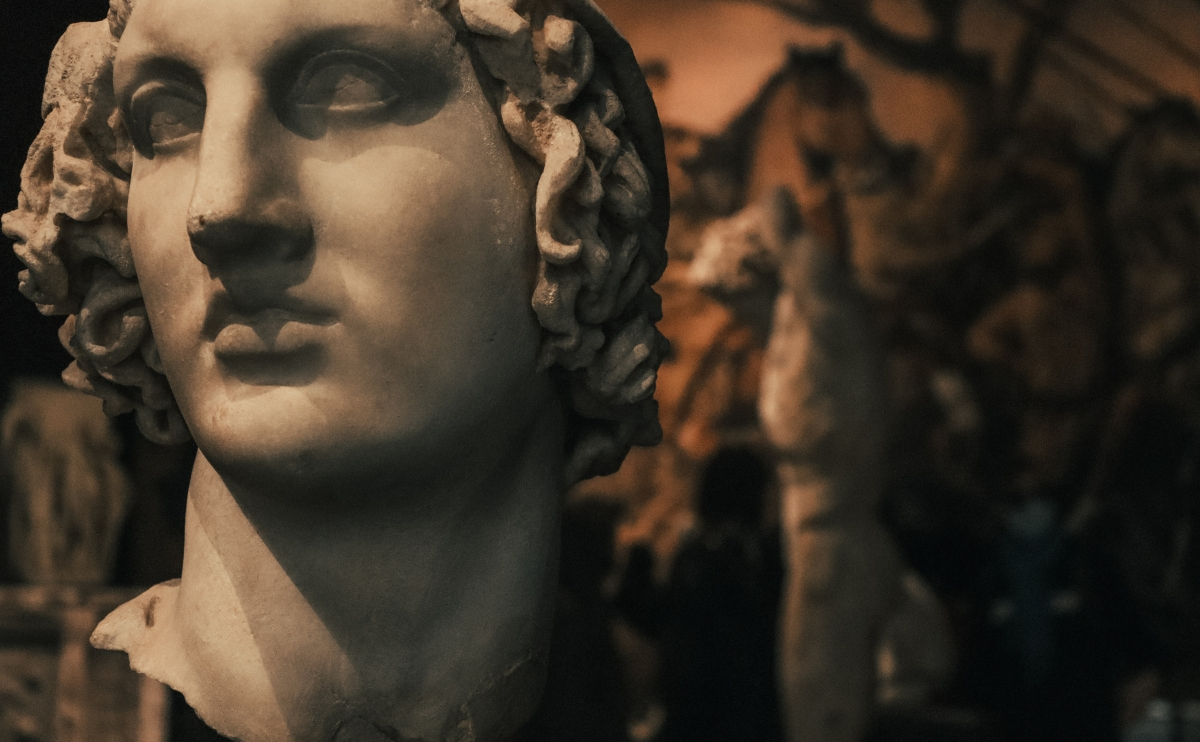Blog
Ancient Names That Still Influence Modern Baby Naming Trends

Names are more than labels; they carry centuries of history, culture, and meaning. Many parents today, even without realizing it, choose names for their children that trace back to ancient civilizations. Whether rooted in mythology, biblical stories, or historical figures, these names survive because they hold timeless beauty and significance. In this article, we’ll explore ancient names from different cultures that continue to inspire modern baby naming trends.
Greek Names: From Mythology to Modern Times
Ancient Greece is one of the richest sources of names still in use today. The Greeks believed names carried spiritual and symbolic weight, often linked to their pantheon of gods and heroes.
Take the name Alexander, meaning “defender of men.” It gained prominence thanks to Alexander the Great, the legendary conqueror. Today, it remains a favorite across cultures, often shortened to Alex or Xander.
Other Greek-inspired names include Sophia, meaning “wisdom,” and Chloe, meaning “blooming” or “fertility.” Both rank high on baby name charts globally, proving that the influence of Greek culture is as strong as ever. Parents are also rediscovering names like Atlas (a Titan who held up the heavens) and Daphne (a nymph transformed into a laurel tree), giving ancient myths new life in modern nurseries.
Roman Names: Strength and Authority
The Roman Empire left a legacy that still resonates today, and their naming traditions reflect strength, leadership, and nobility. Roman names often carry a bold, dignified quality that appeals to parents looking for timeless choices.
Marcus, derived from Mars, the Roman god of war, remains popular in many countries. Julia, rooted in the powerful Julian family, continues to shine as one of the most elegant feminine names. Even Maximus, meaning “greatest,” has enjoyed a modern resurgence, thanks in part to pop culture and movies like Gladiator.
Roman names also gave rise to names ending in “-us” or “-a,” patterns that still influence naming conventions. Names such as Aurelia (meaning “golden”) and Valeria (meaning “strength”) show how the Roman legacy continues to shape baby naming trends today.
Biblical Names: Faith and Tradition
The Bible has been one of the most influential sources of names in Western culture. Many biblical names go back thousands of years but are still among the most popular worldwide.
Names like David (meaning “beloved”), Mary (meaning “beloved” or “bitter”), and John (meaning “God is gracious”) have stood the test of time. These names endure because of their spiritual associations and the role they play in religious traditions across Christianity, Judaism, and Islam.
Even less common biblical names are making a comeback. Ezekiel, meaning “God strengthens,” and Levi, meaning “joined” or “attached,” are increasingly chosen by modern parents who want names that feel both ancient and fresh.
Egyptian Names: Mystique and Majesty
Ancient Egypt continues to captivate the imagination with its pyramids, pharaohs, and gods. Egyptian names carry an aura of mystery, majesty, and power.
Cleo, short for Cleopatra, meaning “glory of the father,” is a striking example. Cleopatra remains one of history’s most iconic queens, and her name continues to inspire parents seeking a name with strength and femininity.
Other Egyptian names, such as Anubis (the god of the afterlife), Nefertari (meaning “beautiful companion”), and Osiris (the god of rebirth), are less common but gaining attention as unique and meaningful options. These names remind us that even the ancient Nile still flows through modern identity.
Celtic Names: Nature and Spirituality
The Celts, with their deep connection to nature and spirituality, left behind a trove of names that still enchant parents today. Celtic names often carry meanings tied to the natural world, bravery, and mystical traditions.
Examples include Brigid, meaning “exalted one,” named after the goddess of poetry, healing, and fire. Aidan, meaning “little fire,” has become hugely popular in English-speaking countries. Maeve, meaning “she who intoxicates,” comes from a legendary Irish queen and has surged in popularity in recent years.
These names resonate with parents who want their children’s names to reflect both beauty and strength rooted in cultural heritage.
Hebrew Names: Timeless and Universal
Many of the world’s most enduring names have Hebrew origins, thanks to their presence in religious texts and cultural traditions. These names often carry profound meanings related to faith, hope, and virtue.
Daniel, meaning “God is my judge,” and Sarah, meaning “princess,” remain evergreen choices. Elijah, meaning “my God is Yahweh,” has seen a dramatic rise in popularity in recent decades, showing how parents are rediscovering ancient names with spiritual weight.
Names like Noah (meaning “rest” or “comfort”) and Hannah (meaning “grace”) are also top picks around the globe, connecting modern families to traditions that go back thousands of years.
Why Ancient Names Still Resonate
So why do parents continue to turn to ancient names in the modern age? The reasons are both emotional and cultural. Ancient names carry a sense of history and permanence in an ever-changing world. They also allow parents to connect their children to a greater story—whether that’s rooted in mythology, faith, or family heritage.
Moreover, many ancient names strike the perfect balance between uniqueness and familiarity. A name like Atlas feels bold and distinctive, yet it carries historical roots that give it weight and meaning. Similarly, names like Sophia or David remain widely recognized while still feeling timeless.
Final Thoughts
From the myths of Greece to the scriptures of the Bible, from the sands of Egypt to the green hills of Ireland, ancient names continue to shape modern baby naming trends. They remind us that names are not just sounds but vessels of history, carrying stories that span generations. Choosing an ancient name is more than a nod to the past—it’s a way to give children a name filled with meaning, legacy, and timeless beauty.
